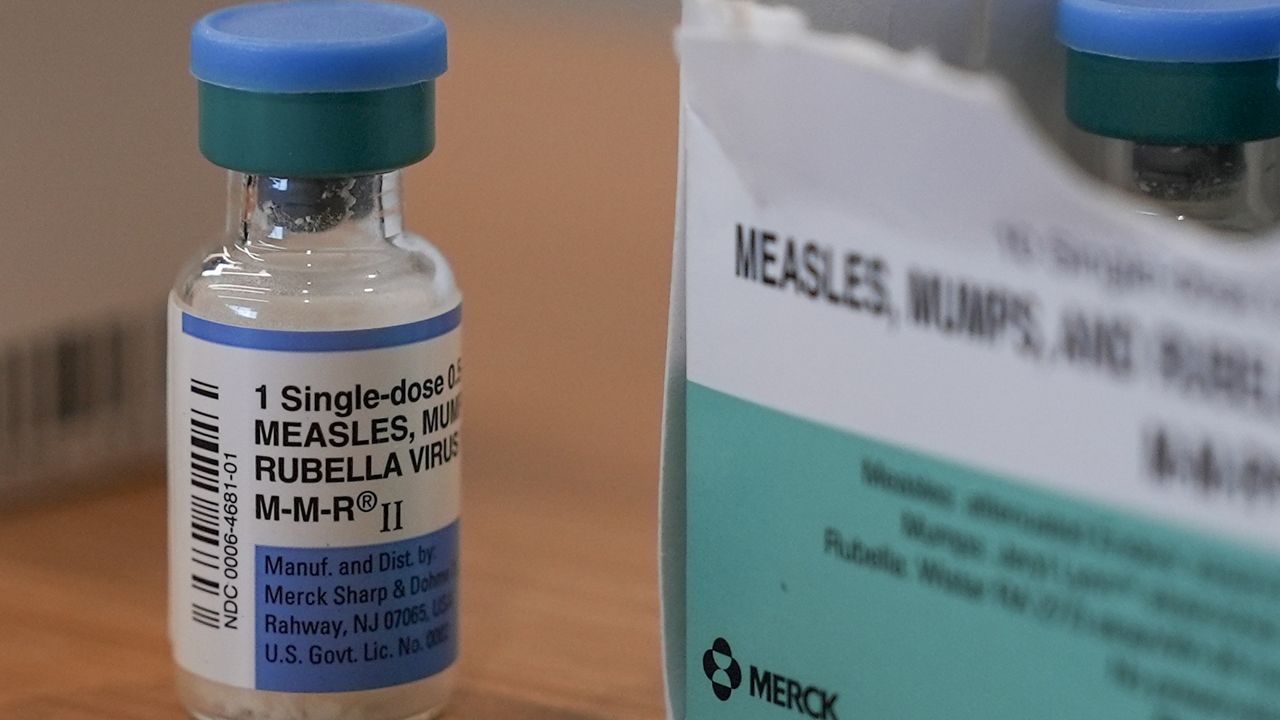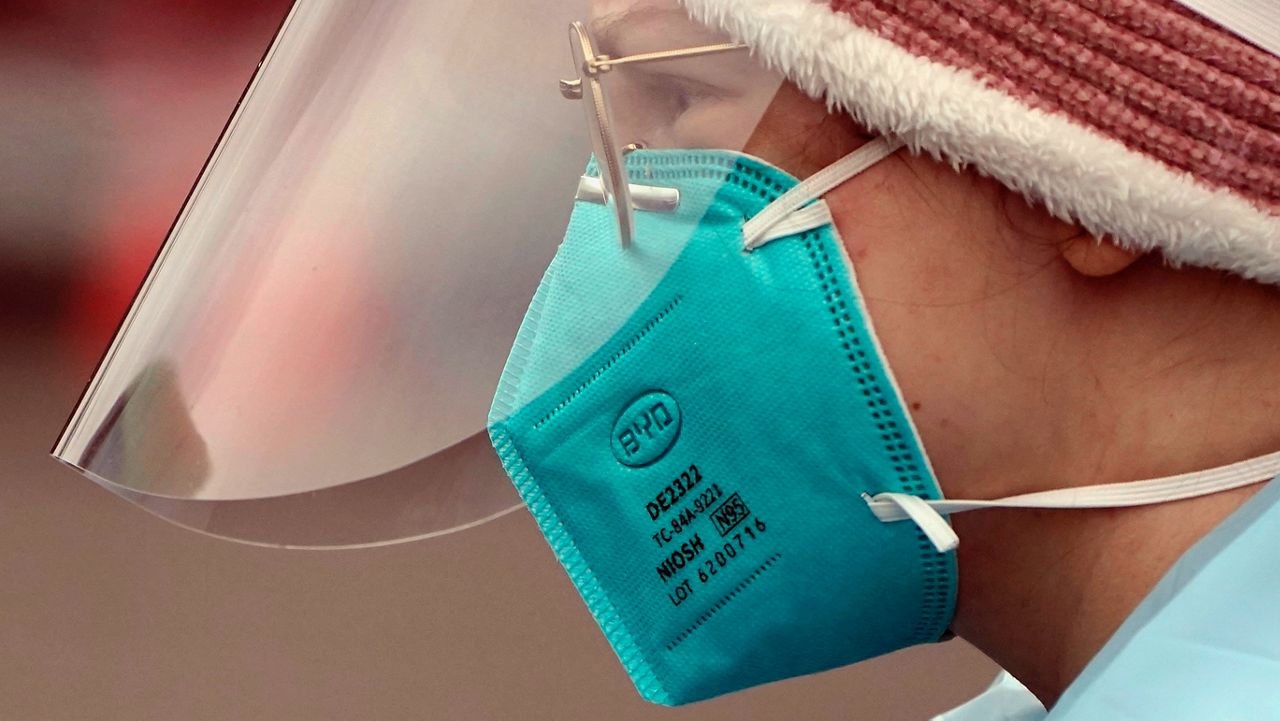The U.S. Food and Drug Administration has approved a drug that research has shown to slow the progression of Alzheimer’s disease.
It’s not a cure, but the green light gives advocates and caregivers hope.
Some days are good, while others can come with hurdles for Geri Taylor, an Upper West Side resident who lives with Alzheimer's.
“It is hard. It's something that's coming along,” Geri said. Her husband Jim Taylor said he’s had to remind her they’re married.
“When the time comes that it gets rocky, I’m not afraid of it. I know it won’t be easy,” Jim said.
They hope a new FDA-approved drug may be a lifeline, as her diagnosis has progressed from early-onset to moderate. Leqembi is the first FDA-approved Alzheimer’s drug shown to slow down the disease.
During clinical trials, it slowed cognitive decline by about 27% over 18 months compared to a placebo. The couple is looking into whether the drug will be a fit for Geri.
“We just have to take one step at a time and each of those steps may be small,” Jim said.
But, even if it’s a fit, Jim knows the newly approved drug will only slow the progression of the disease, not stop it.
“Geri is not a person to mourn the losses. She just figures out how to be happy with what's she can still do and what's available to her today,” Jim said.
Geri said she counts her blessing for the things she does have. The one thing she won’t let the disease take away is her joy. And she said she’s not going to let it take over her mind and memories without a fight.
“If you think something's wrong, fix it. You have to. You can't you can't run away from it,” Geri said.
Insurance providers are reportedly finalizing plans to cover the drug, which costs $26,500 per year, and associated diagnostic tests and associated brain scans. Medicaid does cover the use of the drug.
It's unclear whether people will notice a difference when using the drug. Scientists call the drug's effects modest.
There are many organizations that offer supportive services for patients and their care givers. CaringKind offers programs, education, cognitive programs and support groups.









